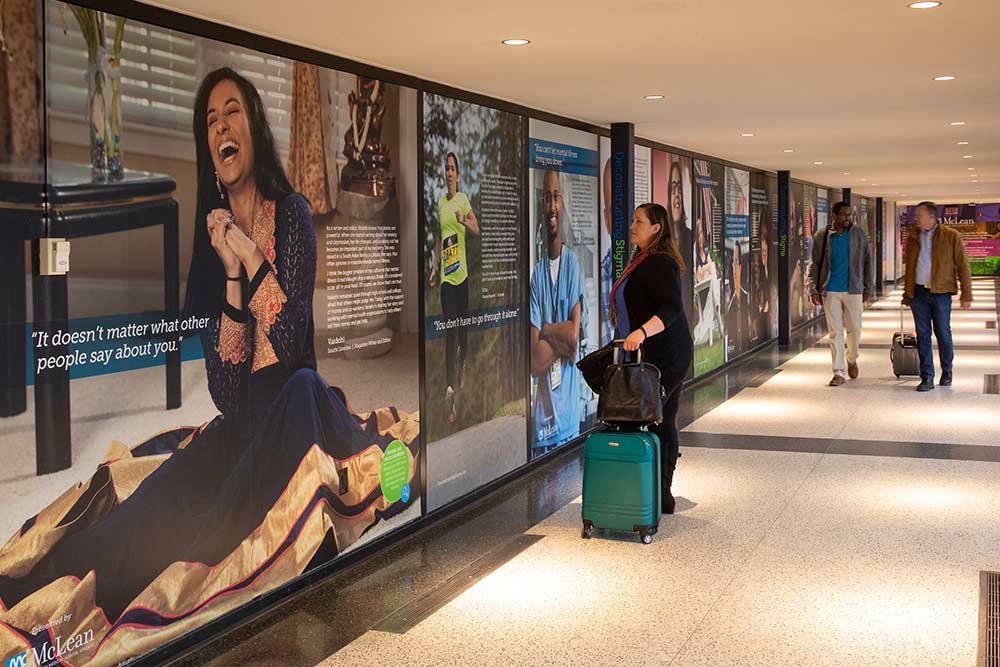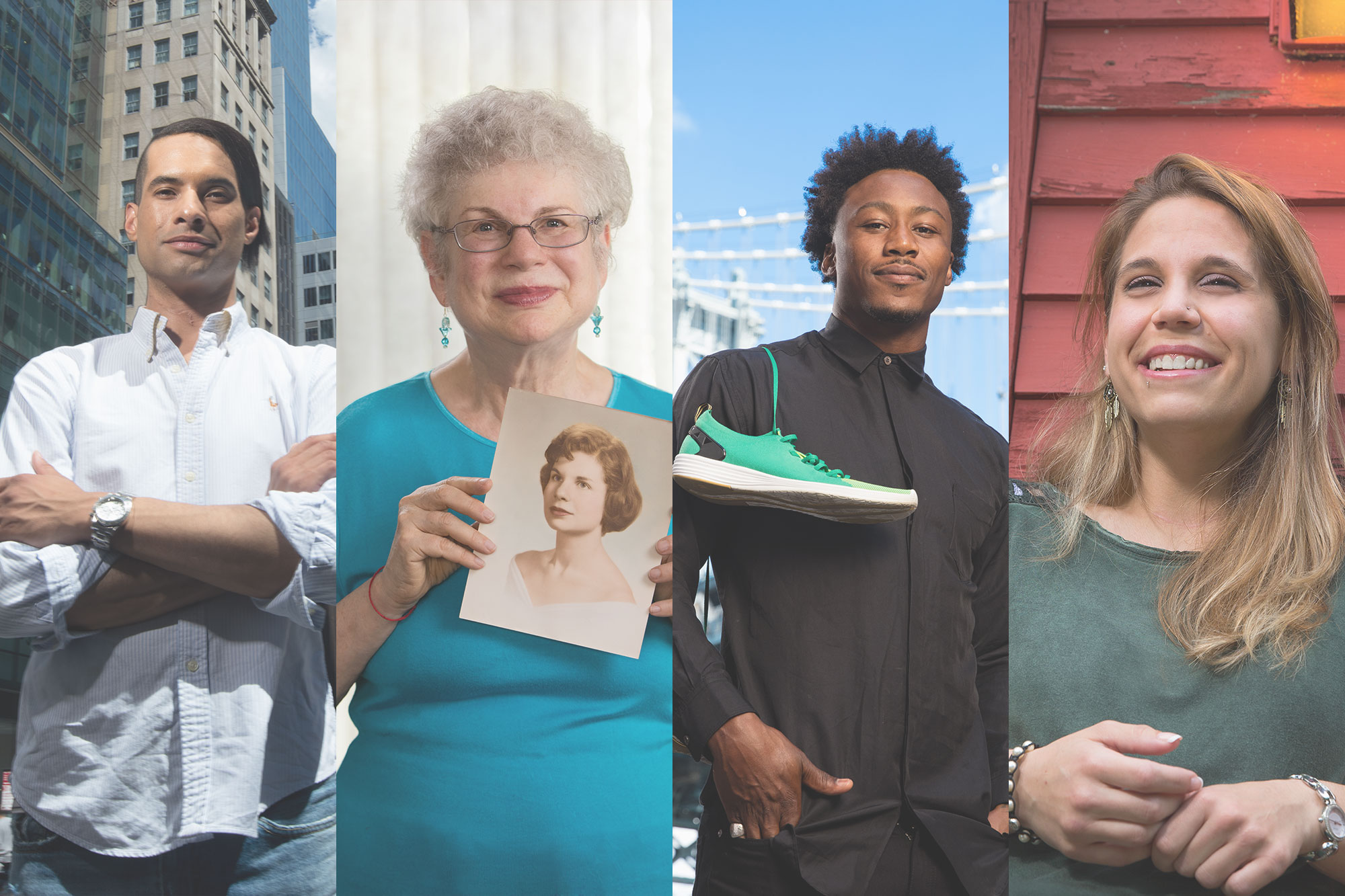Recovery isn’t easy, but it’s doable. I’m happy to show others they can do it too
Norma began experiencing mental health issues when she was in her twenties. She resisted treatment because she was afraid social services would become involved and take her children, which had happened before.
By the time Norma reached her forties, her symptoms intensified and she experienced a psychotic break. At this point in her life, she was working full time, attending college, caring for children, and misusing substances. After calling in sick to work three days in a row, she felt like a failure and attempted suicide.
She was admitted to a hospital for three weeks, and shortly after her release, became homeless. She could no longer read and write as she continued to struggle with psychosis, including experiencing hallucinations.
I heard the voices of God and his angels. I saw demons and goblins. I walked the streets trying to catch imaginary flies.
During that time, Norma went to a church and began to pray.
My prayers brought me to a shelter, where I learned to read and write again. I saw a psychiatrist and a therapist, and started taking medication.
Norma was diagnosed with generalized anxiety disorder, bipolar disorder, substance use disorder, and post-traumatic stress disorder (PTSD).
With the support of her family and the staff and volunteers at the Boston shelter where she found refuge, Norma decided to go back to college. She enrolled in a local university’s extension school, where she spent the next ten years working towards her BA in psychology. She graduated at the age of 51.
Norma continues to work on her recovery. It helped to find therapists she felt connected to. Norma noticed a difference when she worked with Black therapists.
I wasn’t really looking for anybody of color. It just happened, and I loved it. I was able to talk more about my experiences. I felt more comfortable.
She also discovered the peer recovery movement.
Once I found peer recovery, I realized that people with mental illness come from all walks, all areas, all sizes, all different types of professions. They want to have relationships, they want to do things like work, go to school, and have social interactions with others.
The experience inspired her to help others. After spending two years in the shelter, Norma moved to stable housing. In 2017, she founded an organization which provides peer support and resources including food, shelter, and transportation to people with mental health challenges.
Her organization also works closely with the Opening Doors to the Arts program to provide free tickets to social and cultural events to people with mental illness.
Norma now has a sense of purpose, but she realizes recovery is not linear.
I have up days and down days. It’s not easy, but it’s doable. I’m happy to show others that they can do it too.
She finds it helpful to share her limits with people in her life. For example, she noticed that if her schedule becomes too full, her well-being is negatively affected. Norma loves to help her family by babysitting and taking on other responsibilities. As a mother and grandmother with mental health issues, though, she lets her family understand the repercussions if requests add up.
They know about me and how I can get overwhelmed and end up in the hospital. They understand that, so they don’t put much on me. Communicating with people around you about what you’re going through helps with the way they treat you, and take care of you.
In addition to her bachelor’s degree, Norma has also received an honorary doctorate in divinity. She continues to care for her mental health through prayer and by seeing her psychiatrist, therapist, and peer supports. She credits her family for keeping her going all these years.
My parents, siblings, and children never gave up on me. My recovery is my second chance to be a good person to them. I now have seven grandchildren and a great-grandchild, who are my heart. I was the best mom I could be considering I had mental illness and was on drugs, but I caused a lot of trauma to my children. I’m making up for it with my grandchildren.
Norma wants others to know that anyone can experience mental illness, and that it’s possible to heal.
I was incapacitated for five years, walking on the street catching invisible flies. But I was then able to graduate from college, get stable housing after being homeless, start my own company and be a good grandmother—all due to treatment. If I can do it, anyone can.

